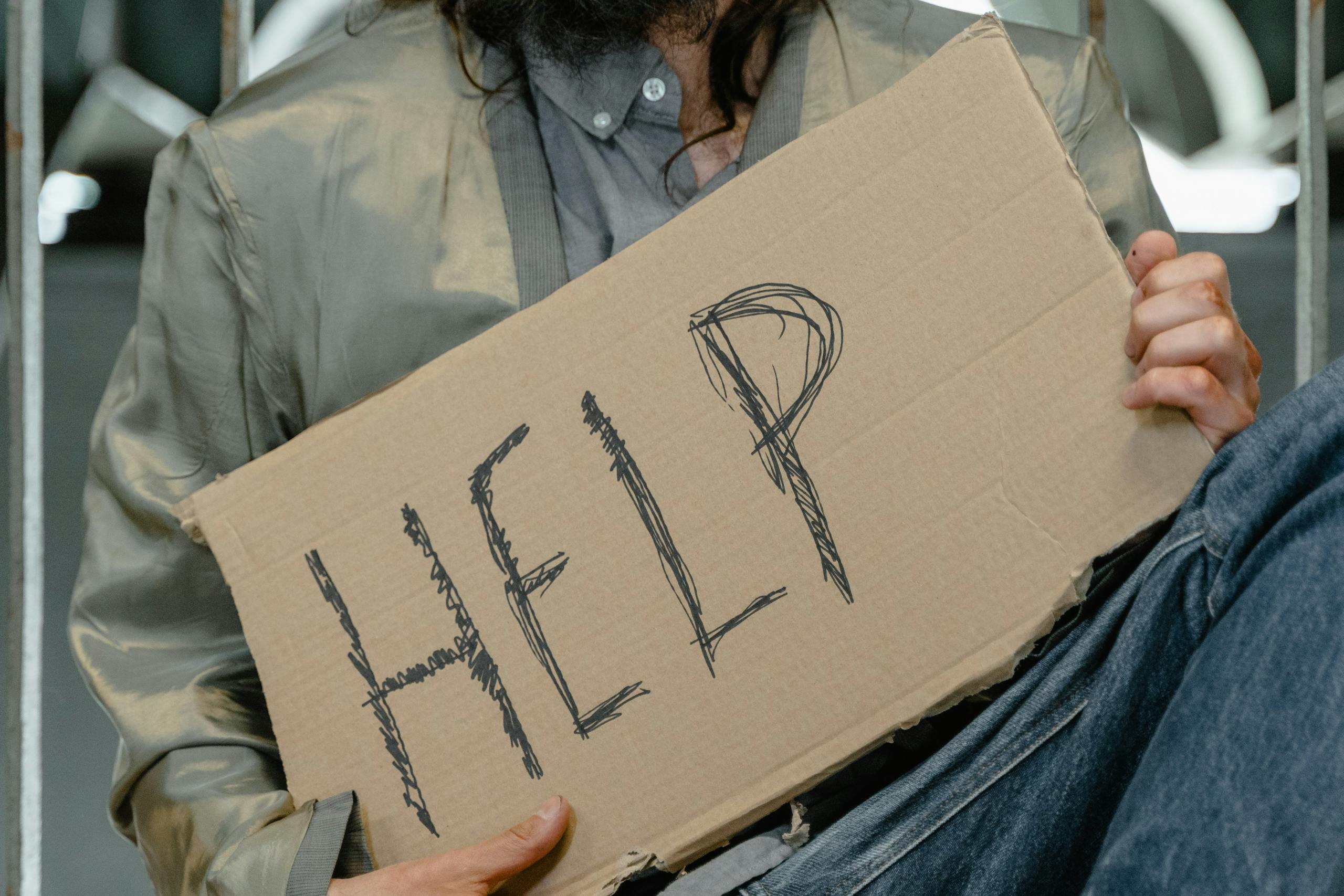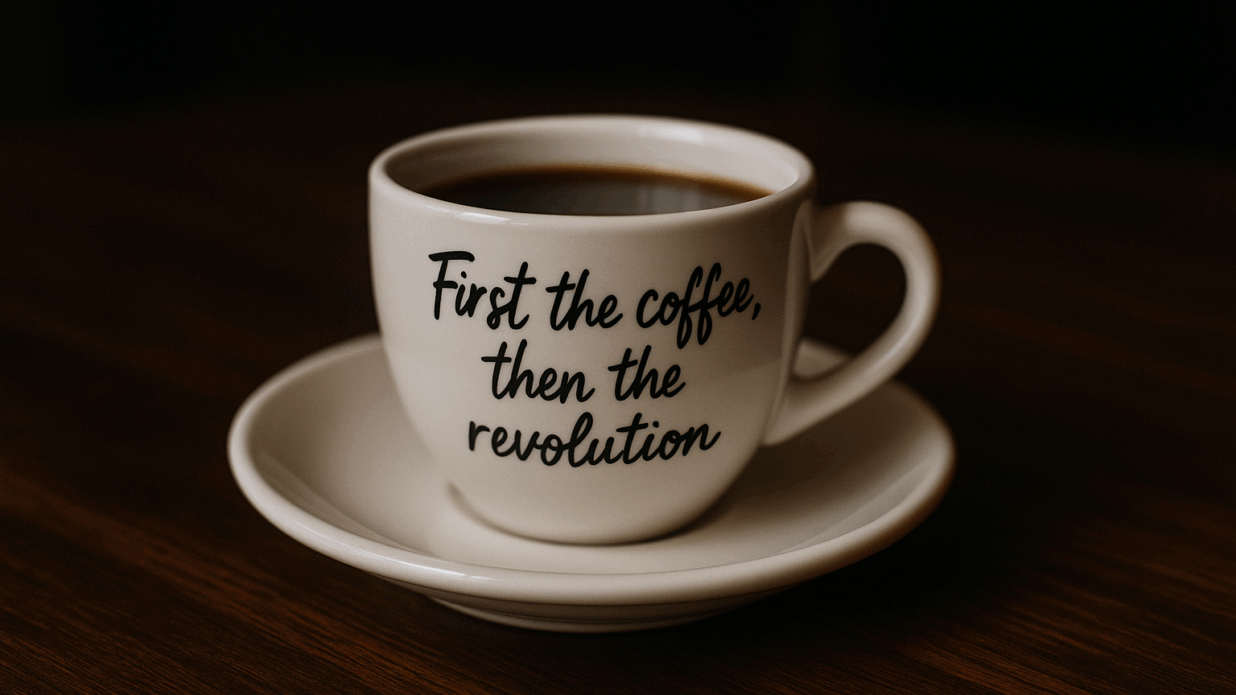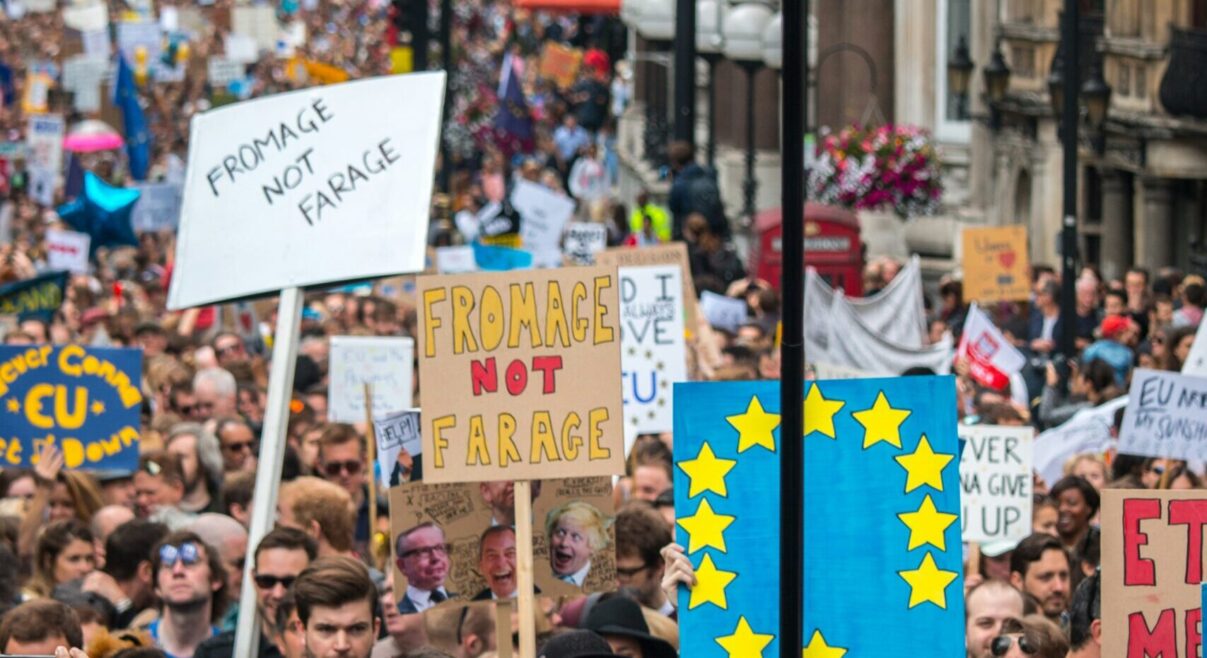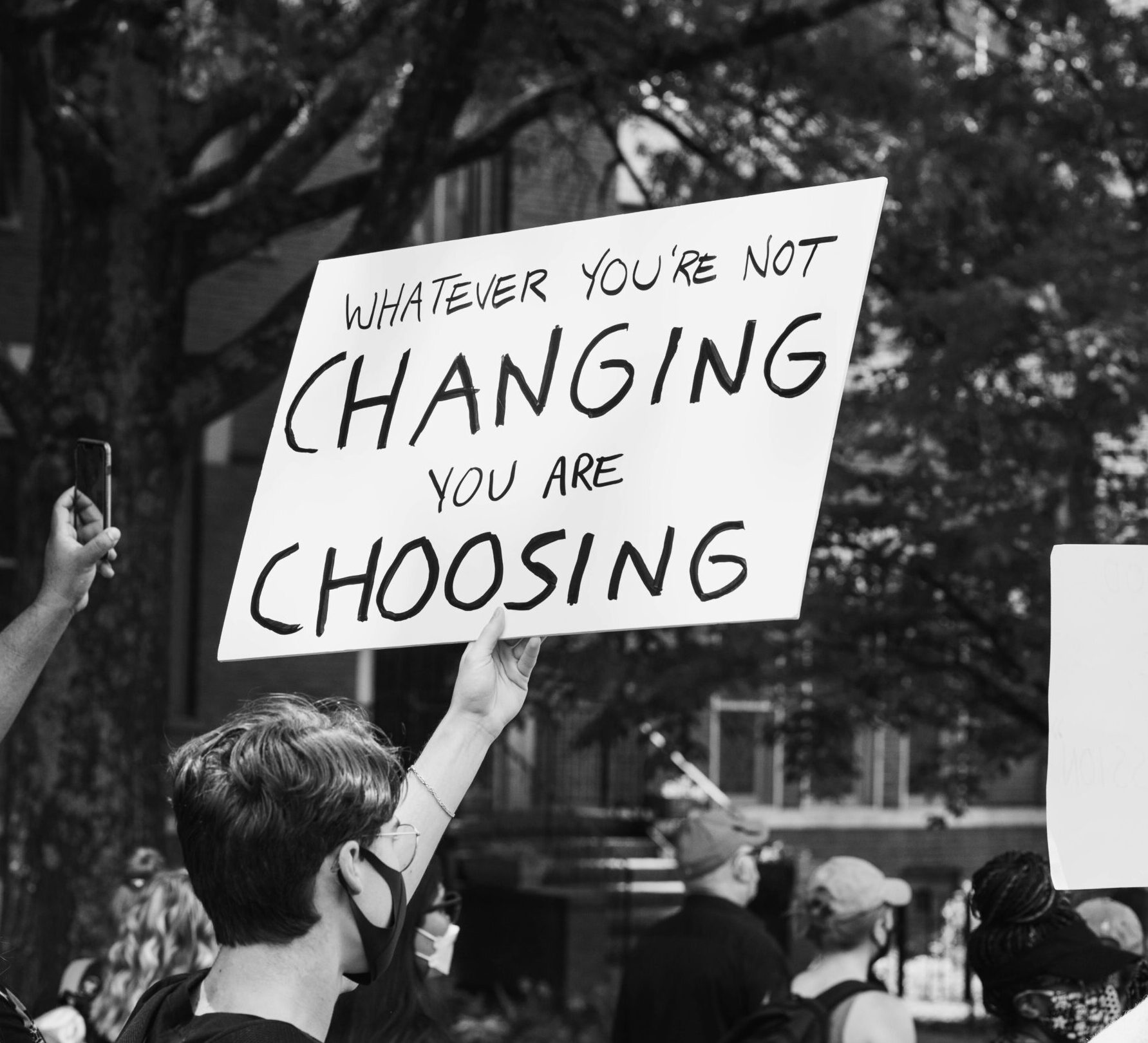As festival season kicks off across the UK, I’ve been reflecting on what an extraordinary opportunity it is to be part of something bigger, to sing and dance and shout, to connect, and yes, to be heard. I get it, no one wants a lecture or to get political while they’re knee-deep in glitter, cider in hand, attempting to forget the worries of the world, But maybe, just maybe, you can have fun and still help shape the kind of future we want to live in.
Sometimes you can help to make a change with small acts, and have a great time. The banners, flags, and t-shirts can do the talking for you, …without needing to risk a police escort in Parliament Square.
Hands up if you feel that things are going to shit, and you can’t do anything about it. You know, it might be true (note I was a proper Pollyanna in my younger years..Gen X ref..but here we are). Unless we want to sleepwalk into a grey future, we probably should try and take back some control, and NOT in a Boris Johnson way obviously.
“Never doubt that a small group of thoughtful, committed citizens can change the world; indeed, it’s the only thing that ever has” att. Margaret Mead.
This is a profound phrase. When has change for ordinary people happened without us having to ask, or demand it?
If you don’t want to live in a world where all of our assets have been requisitioned by people who do not want to share their toys, and all of the wealth of the country sits in bank accounts that grow by the second with passive income interest, then action is necessary.
The world is churning. The UK, in particular, feels brittle,more divided, more cynical. Our right to peaceful protest is being systematically dismantled through draconian legislation. Women are dying at unprecedented rates from violent attacks and we are turning on each other. Our planet burns while politicians fiddle with their fossil fuel investments. It’s easy to feel overwhelmed, or silenced. Music is a shared soother, but it is also a fantastic way to express solidarity and to articulate anger in a powerful way.
So as we head into another summer of tents, glitter, and great line,ups, I’m asking myself (and maybe asking you, too): How can we do more with this moment? How can we make sure the messages that matter don’t get drowned out?
Here are a few thoughts, not preachy ones, just practical tips I hope, for ways to be brave, even joyful, while standing up for what matters this festival season:
Get it on your chest (or bag, or banner..)
Never underestimate the power of a great t-shirt slogan Your tote bag, festival flag, temporary tattoo, tent graffiti, they all speak before you even say a word. Support causes fighting for climate justice, women’s safety, or the right to peaceful assembly. Choose messages that matter. Sometimes the most radical act is making your politics visible.
Shout it out (or use your online megaphone)
If you’re lucky enough to be on stage, even for an open mic or a poetry set, channel your inner radical and use a moment to shout out a cause. We have seen some memorable moments when artists seized the opportunity to highlight injustice. Rewatch Sinéad O’Connor tearing up the Pope’s photo, U2 dedicating songs to political prisoners, Stormzy storming his BRIT set. Build some courage and make your stand. Your social media reach is your soapbox. Share what you care about, one post about violence against women or climate emergency might get someone thinking, acting, donating.
New best friends (build micro communities)
Festivals are perfect places to find like-minded people. If you care about stopping the erosion of protest rights, ending violence against women, or tackling the climate crisis, find the activism stalls, join the conversations in the green spaces, or start a chat in the queue for overpriced festival food. Small connections become networks, and networks become movements. Look out for groups like Sisters Uncut, Just Stop Oil, or the Right to Roam campaign—they often have a presence at UK festivals
Walk the Walk
This is where it gets tough, and the tough get going. It’s easy to wear a slogan or post a hashtag. It’s harder,but more important,to follow through. Sign petitions.Volunteer with organizations fighting violence against women. Join climate action groups. Challenge misinformation when you hear it. Show up to peaceful protests while we still legally can. These aren’t dramatic acts. They’re brave ones.
Stakes is high (go away Grammarly…De La Soul 🙂
We’re living through a climate emergency that’s killing people right now. Women are being murdered at a rate of two per week in England and Wales. Our fundamental right to peaceful protest, the bedrock of democracy, is being criminalised. This isn’t abstract political debate anymore.
We’re living in a time when compassion is being painted as weakness, and our attention is being stolen and twisted to achieve the aims of people who do not care about us. Music can still cut through, make us remember we’re not powerless. Justice can be achieved through joy and positive influences, those collective moments when we feel like part of humanity, singing and dancing along with strangers – they are super powerful.
The greatest artists have always understood that entertainment and activism aren’t mutually exclusive. They’re sounding alarms left, right and centre, hoping we sign up for collective action to make the world a better place.
So if you’re heading to a festival this summer, whether it’s Glasto, Green Man, WOMAD, or a tiny one in a muddy field near you, ask yourself what else you’re showing up for. Who needs your voice? What kind of future are you hoping to help shape?
This is a note in my continuing series: ‘Nothing Surprises Me Anymore’…bit of a downer, but take a look at these handy tips from Green and Black with your legal rights, and write a legal helpline number on your arm if you think you might get carried away 😊
Sinead O’Connor speaking truth to power. She would be doing the same today.
A brave young Irish girl doing her best to highlight and challenge power, and to protect future generations. She sets a great example.






